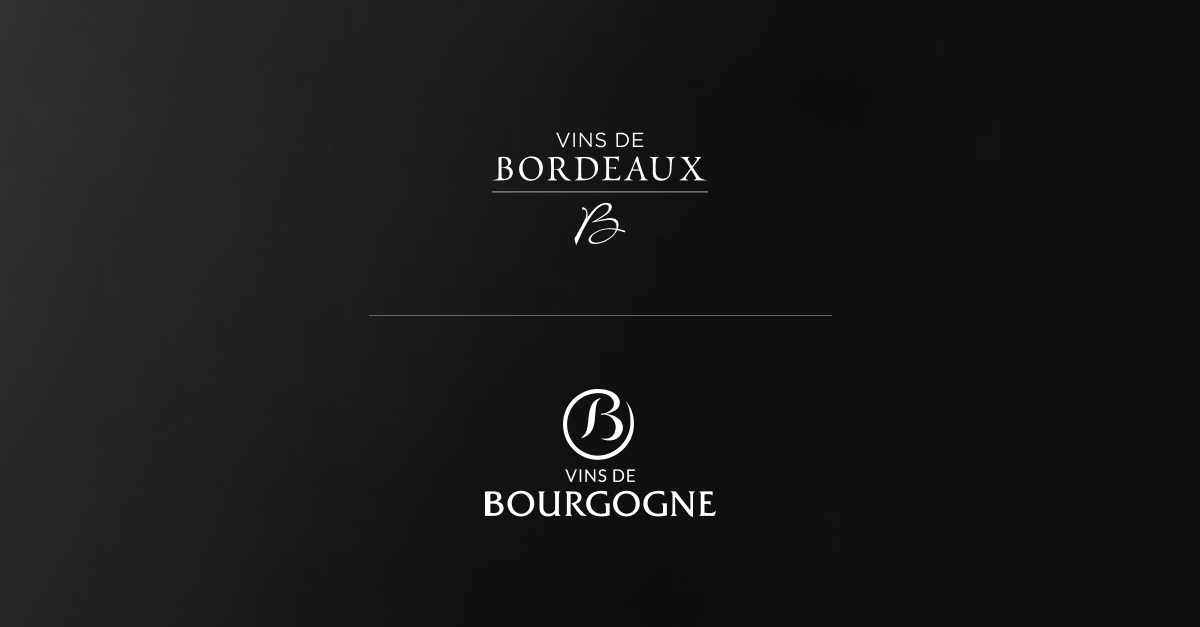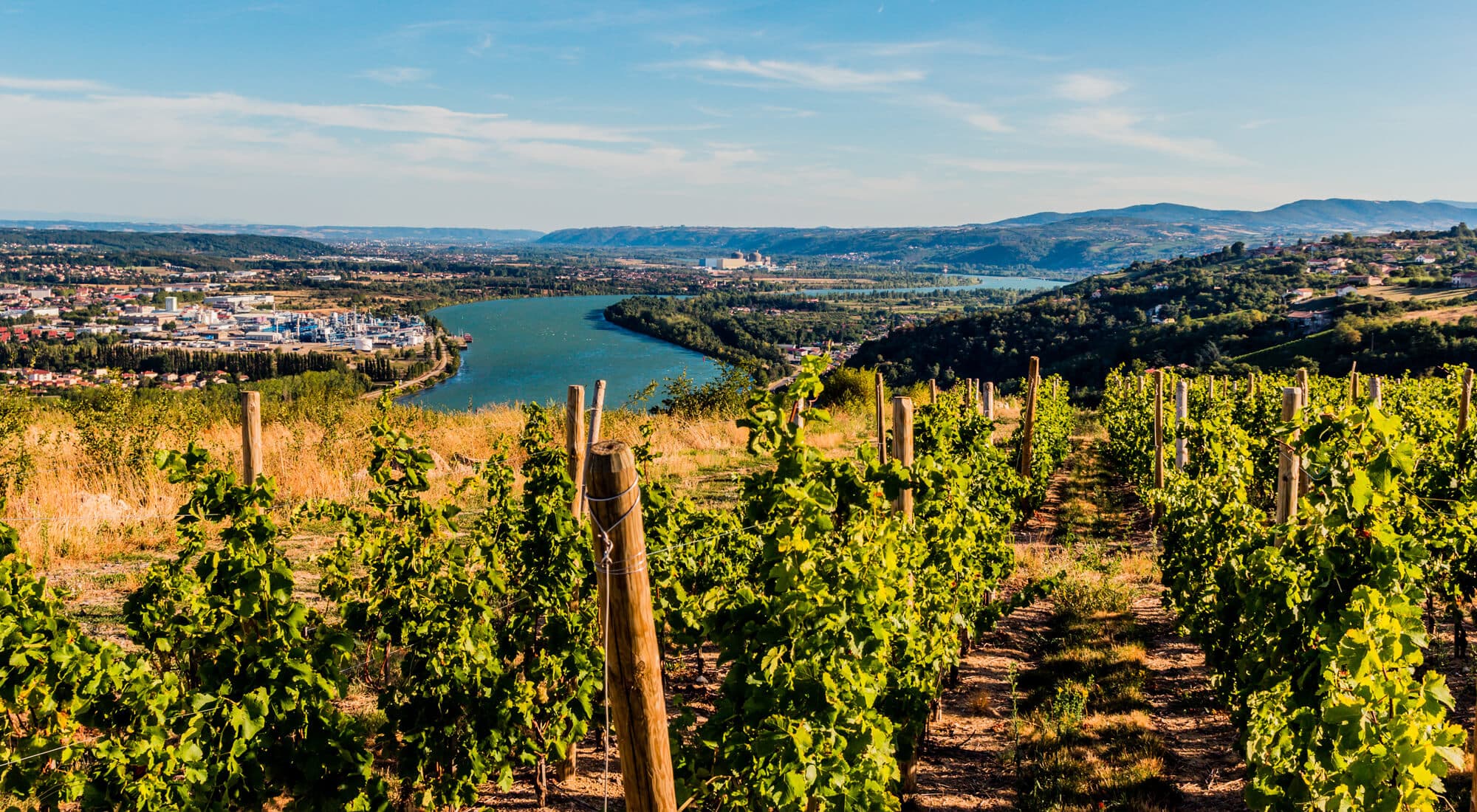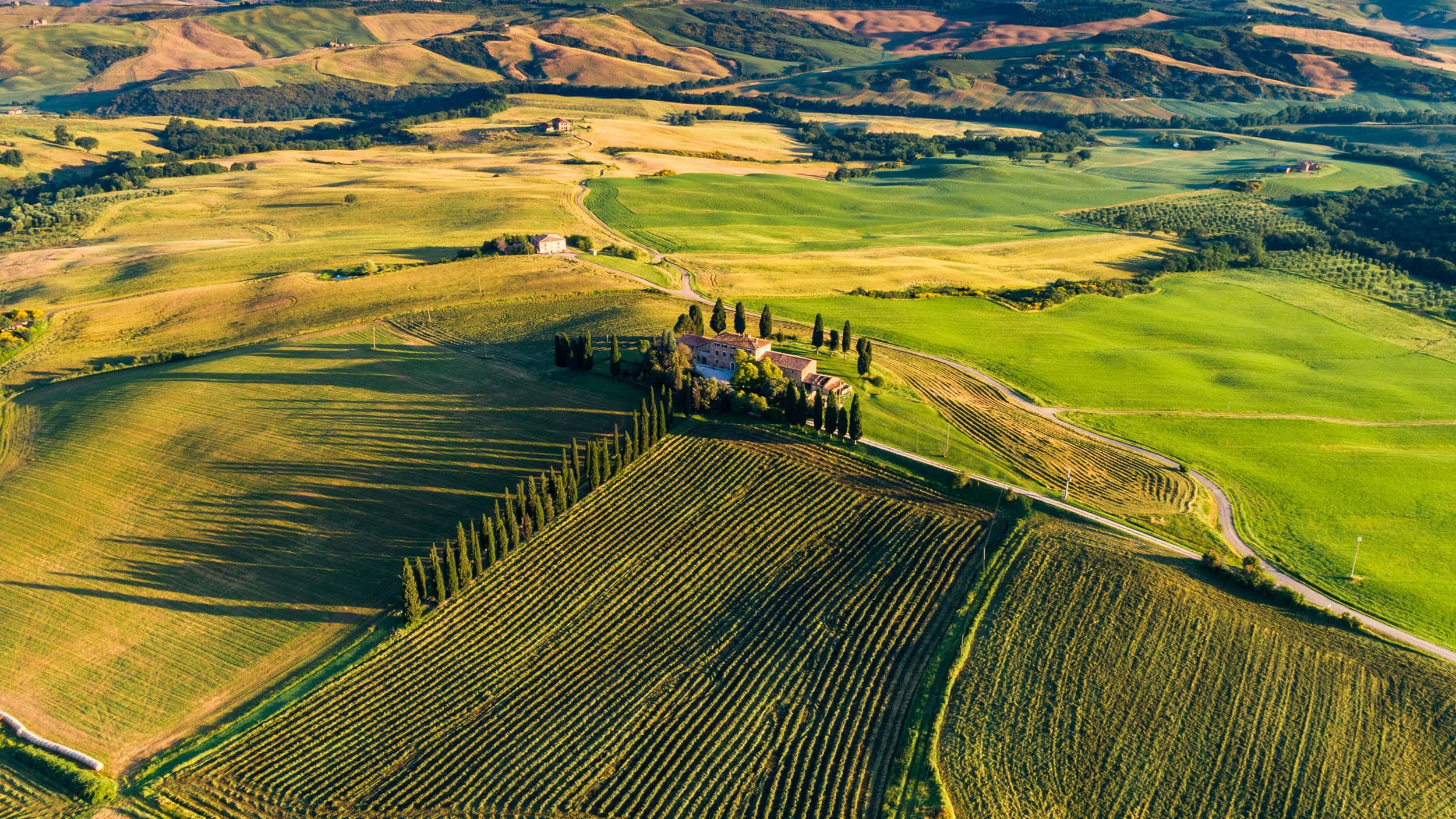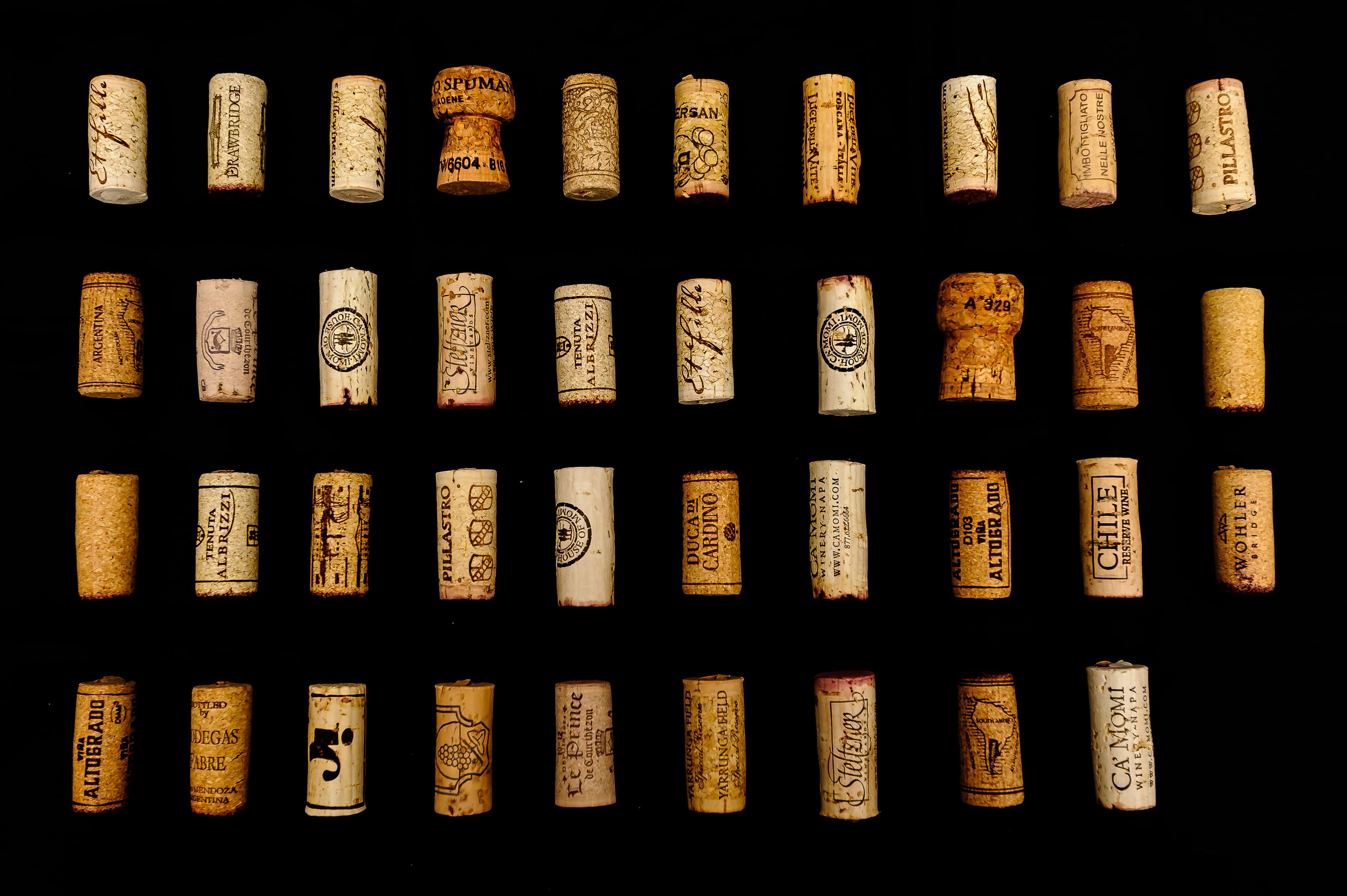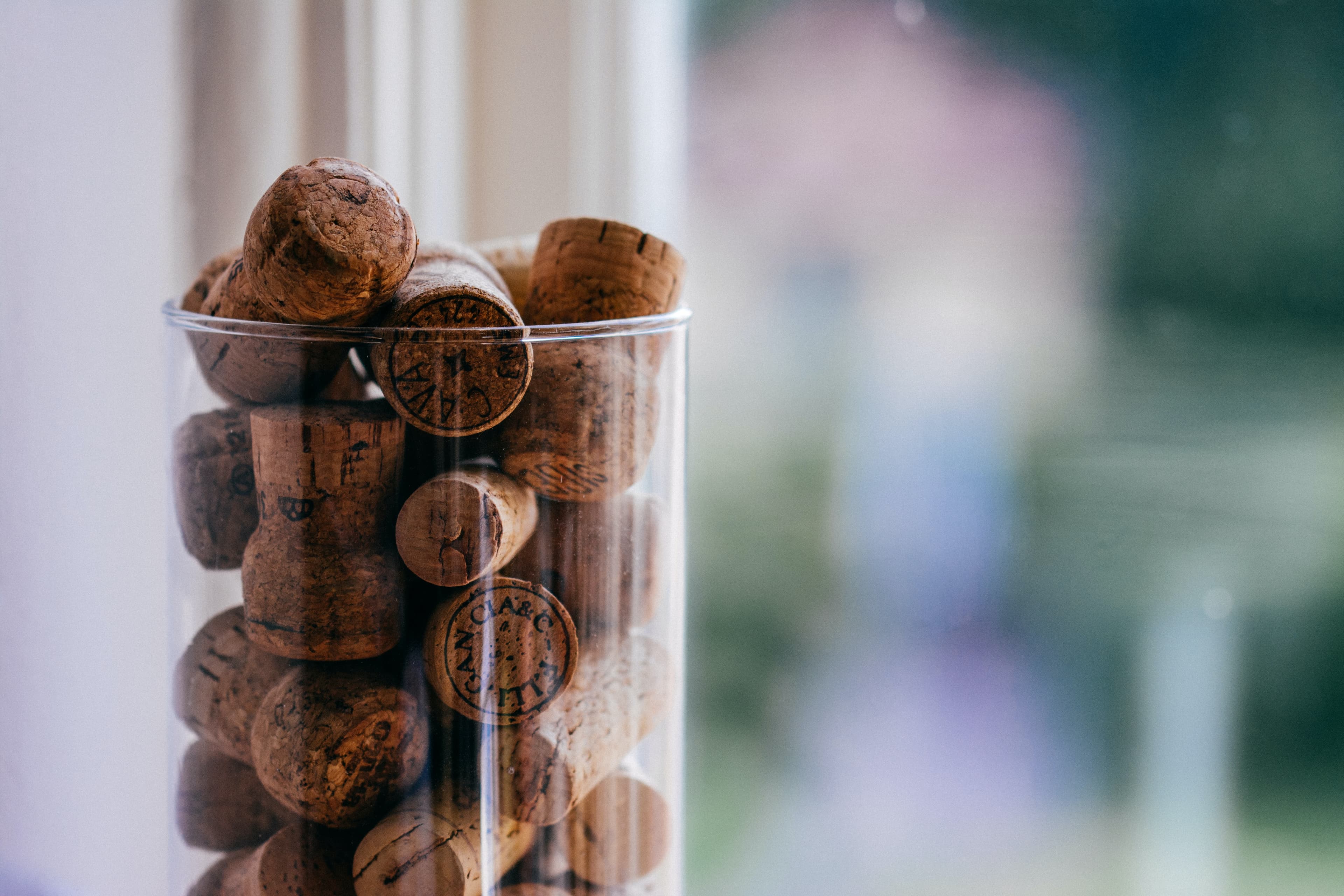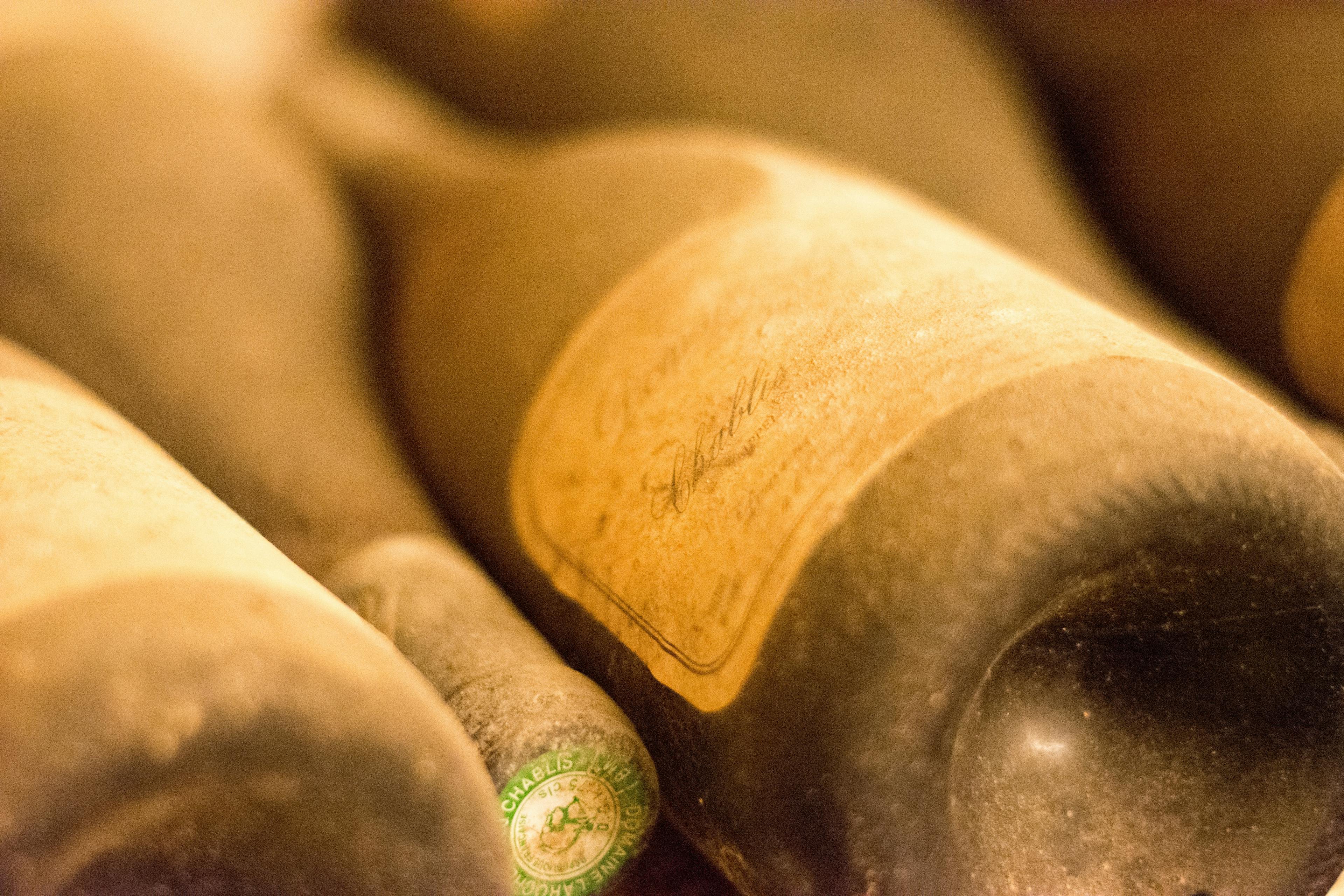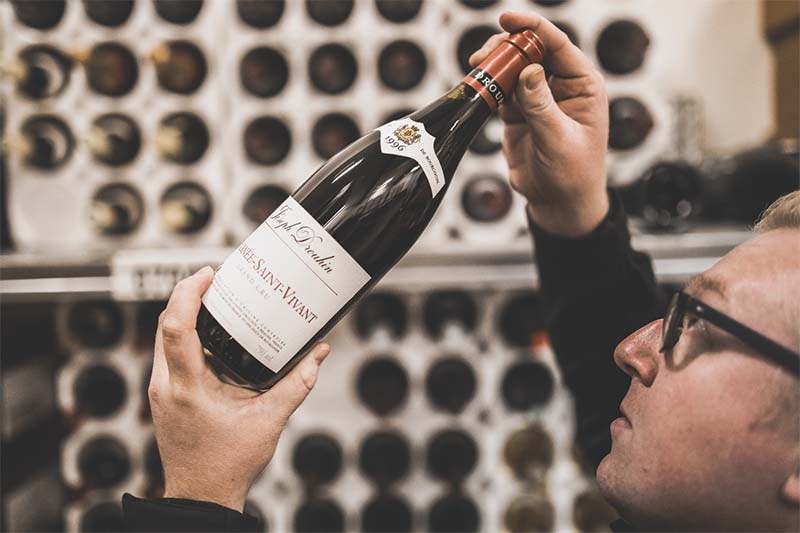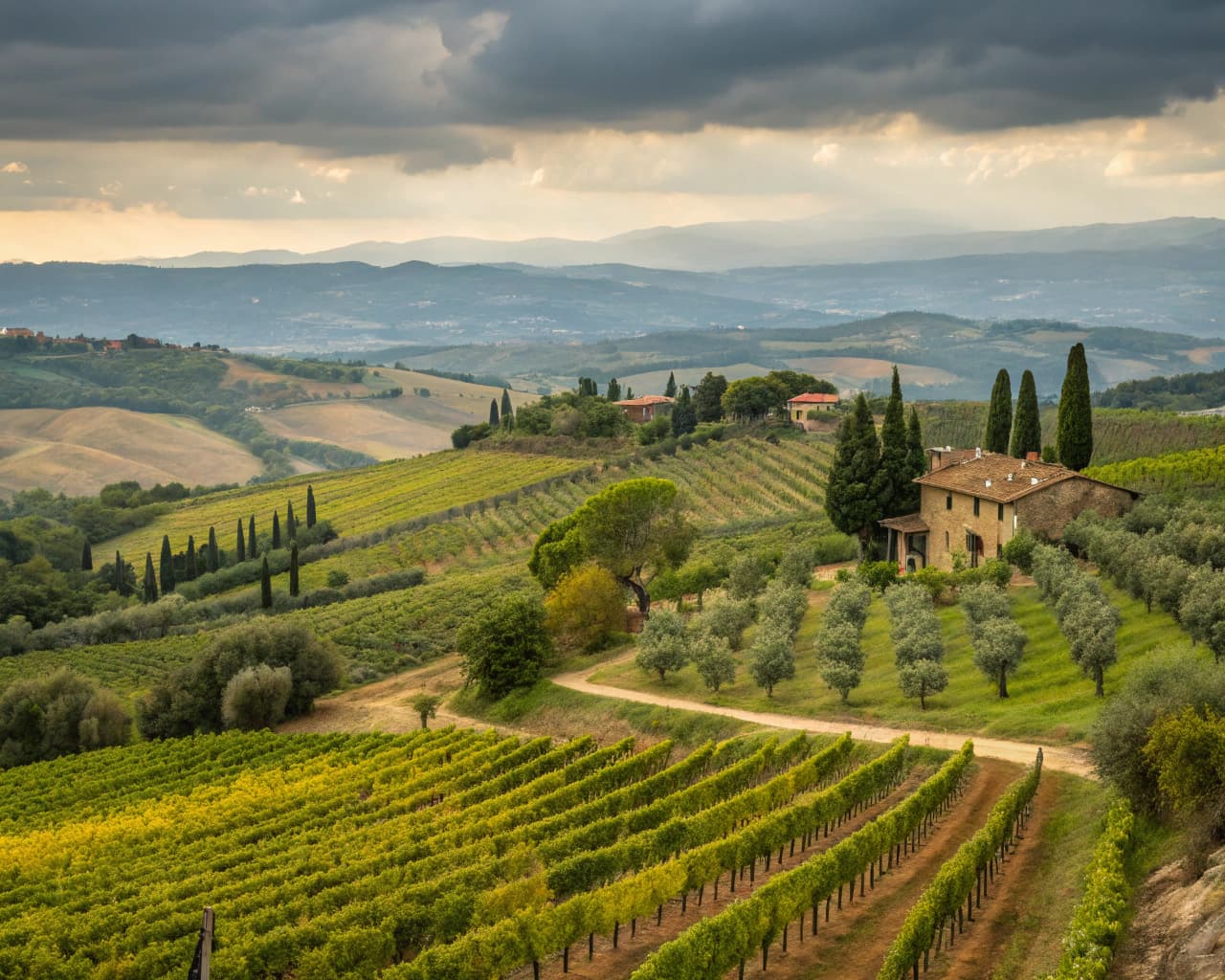
Masseto, a prestigious Italian wine, is renowned for its rich and complex flavor profile that captivates wine enthusiasts around the world. Nestled in the heart of Tuscany, this wine is a true masterpiece of viticulture and winemaking. The vineyard's unique terroir, characterized by its clay soil rich in minerals, plays a crucial role in shaping the distinctive characteristics of Masseto. Each sip offers a harmonious blend of ripe, dark fruits with subtle hints of spices and earthy undertones, making it a standout choice for collectors and connoisseurs alike. In this article, we delve deeper into the sensory journey that Masseto offers, exploring its taste nuances and the factors that contribute to its exceptional quality.
Profile of Masseto: Key Flavor Notes
Masseto, a renowned Italian Merlot, is celebrated for its complex flavor profile that evolves beautifully with age. Originating from the sun-drenched hills of Tuscany, this wine is a symphony of taste that captivates connoisseurs worldwide. Each sip reveals a layered bouquet of aromas and palates that distinguish Masseto from other wines.
Dark Fruit Undertones: The initial taste often features rich, dark fruits like blackberry and plum. These robust notes provide a sweet yet earthy foundation.
Herbal Accents: Subtle hints of herbs, including sage and thyme, emerge, offering a refreshing contrast to the sweetness of the fruits.
Mineral Complexity: A distinct mineral streak, reminiscent of the vineyard's clay soil, adds an intriguing depth to the wine’s overall character.
Spicy Finish: As the experience concludes, a gentle spice surfaces, with traces of clove and black pepper that linger on the palate.
For enthusiasts looking to explore some of the most popular vintages, each year brings its unique twist to these foundational flavors, reflecting the variations in climate and vineyard conditions.
The Influence of Terroir on Masseto's Palate
The influence of terroir on Masseto's palate is profound, shaping its unique flavor profile that captivates wine enthusiasts worldwide. Nestled in the heart of Tuscany, the Masseto vineyard benefits from a perfect blend of geology and climate, which is pivotal in defining the wine's character.
Soil Composition: The vineyard's blue clay, rich in minerals, plays a crucial role in moderating soil temperature and moisture retention, contributing to the grapes' balanced growth.
Microclimate: Situated by the Tyrrhenian Sea, the area enjoys a mild maritime climate. This ensures a longer maturation period for the grapes, enhancing their aromatic complexity.
Altitude and Slope: The gentle slopes of the vineyard facilitate optimal sun exposure and drainage, critical factors in the development of the grapes' flavors and tannins.
Vintage Variation: Each year, the interplay between the natural elements crafts a distinct expression of Masseto, reflecting the specific conditions of that growing season.
For more detailed insights, explore Masseto's fascinating facts that delve deeper into how these elements influence its luxurious taste.
Aging Potential and Its Impact on Taste
Masseto, a renowned Italian wine, is celebrated not only for its immediate appeal but also for its remarkable aging potential. This characteristic significantly influences the wine's taste profile over time. As Masseto ages, it undergoes a transformation that mellows its initially robust tannins and enhances the complexity of its flavors.
Initial Years: In its youth, Masseto often displays vibrant fruit flavors with a pronounced intensity. The tannins are firm, providing a strong backbone that is a key indicator of its longevity.
Middle Age: After several years in the bottle, the wine starts to develop secondary aromas and flavors such as leather, tobacco, and earthy undertones. These elements blend seamlessly with the remaining fruit notes, creating a more balanced and harmonious profile.
Matured Masseto: With extensive aging, Masseto reaches a peak where the flavors mature into a silky, rich texture. The integration of all taste components—fruit, secondary flavors, and tannins—offers a deeply satisfying and complex drinking experience.
Understanding the history of Masseto's production and the meticulous care in its creation helps in appreciating how aging influences its taste. Each stage of maturity reveals different facets of the wine, making each sip a reflection of its storied past and vinicultural excellence.
Tasting Masseto: A Year-by-Year Comparison
Masseto, a renowned Italian Merlot, offers a unique tasting experience that varies distinctly from year to year. Each vintage brings its own character, influenced by the specific climatic conditions of that growing season. Here's a brief comparison to guide enthusiasts in enjoying Masseto across different years:
2010 Vintage: Known for its robust structure and depth, the 2010 Masseto displays rich, dark fruit flavors complemented by subtle earthy undertones. It's a powerful wine, ideal for those who appreciate complexity.
2012 Vintage: This year was slightly cooler, resulting in a Masseto with more floral notes and a refreshing acidity. It's lighter than the 2010 but still maintains a graceful balance of flavors.
2015 Vintage: A warm year that produced a particularly opulent Masseto, characterized by ripe, almost sweet fruit flavors and a velvety texture. It's perfect for those who favor a more indulgent wine.
2018 Vintage: The most recent vintage to be released, the 2018 is vibrant and energetic. Fresh fruit flavors dominate, supported by a lively tannic structure, making it an excellent candidate for aging.
Each vintage of Masseto offers a distinct profile, making each tasting a new discovery.
The Evolution of Masseto's Flavor Over Time
Masseto, a renowned Italian wine, has seen its flavor profile evolve significantly since its inception. Initially characterized by its robust tannins and intense cherry notes, the wine has gradually mellowed, developing a more complex bouquet and smoother finish as it ages. This evolution is influenced by several factors, including the vineyard's unique terroir and the aging process in oak barrels.
Climate Impact: The microclimate of the Tuscan coast, where Masseto's vineyards are located, contributes to the grapes' flavor development. Warmer years tend to produce wines with more pronounced fruit flavors, while cooler years highlight its mineral undertones.
Aging Process: As Masseto ages, its flavor profile transforms, gaining earthy and spicy notes. The oak barrels used for aging impart subtle hints of vanilla and toast, which become more integrated over time.
Vintage Variation: Each vintage of Masseto offers a snapshot of that year's climatic conditions, influencing the wine's flavor and aging potential. Collectors and enthusiasts often store different vintages to experience the flavor evolution.
Understanding these elements can greatly enhance the appreciation of Masseto's depth and character, revealing why each bottle is a testament to the art of winemaking.
Describing the Mouthfeel of Masseto
Masseto, a renowned Italian Merlot, is celebrated not only for its bold flavors but also for its distinctive mouthfeel, which plays a crucial role in its overall sensory profile. When savoring Masseto, one experiences a velvety texture that coats the palate, characterized by a rich, full-bodied sensation that is both luxurious and enveloping. This wine's mouthfeel is remarkably smooth, with a tannic presence that is robust yet polished, avoiding any harshness.
The integration of flavors and tactile sensations makes Masseto a perfect candidate for various food pairings. Ideal matches include:
Grilled red meats, which complement its deep, intense flavor notes.
Aged cheeses, offering a textural contrast that enhances the wine’s complexity.
Dark chocolate, whose bitterness aligns beautifully with the wine's tannic structure.
Hearty stews, where the wine's body pairs well with rich, meaty flavors.
Mushroom risotto, providing an earthy backdrop that highlights the wine’s terroir-driven character.
Each pairing underscores different facets of Masseto's mouthfeel, making the tasting experience even more enjoyable and memorable.
The Aromatic Complexity of Masseto
Masseto, a renowned Italian wine, is celebrated for its aromatic complexity that captivates connoisseurs worldwide. This Merlot-based wine unfolds a bouquet rich in varied scents, each layer revealing something unique about its character. Initially, one might detect ripe dark fruits like blackberries and plums, which are typical of the Merlot grape. These fruity notes are elegantly intertwined with subtler hints of vanilla and dark chocolate, deriving from the careful aging in oak barrels.
As the wine opens up, secondary aromas such as earthy undertones and spicy notes of black pepper and clove become more pronounced, adding depth and intrigue. Floral hints of violets and lavender provide a delicate balance, enhancing the overall sensory experience. The complexity of Masseto's aroma profile makes it a fascinating subject for discussion among wine enthusiasts and a prized selection for special occasions.
To fully appreciate the intricate aromas and flavors of Masseto, it is crucial to serve it at the right temperature and in the appropriate glassware. This ensures that each note is distinctly perceptible, offering a truly memorable tasting experience.
How Masseto Compares to Other Tuscan Wines
Masseto, a renowned Italian wine, stands out distinctly among Tuscan wines due to its unique characteristics. This exceptional wine is produced in the Bolgheri region, which is famous for its ideal terroir that significantly influences the quality and flavor profile of the wines it yields. Unlike many other Tuscan wines that are primarily Sangiovese-based, Masseto thrives as a pure Merlot, which is somewhat atypical for the area.
Climate Influence: The microclimate in Bolgheri is milder compared to the more inland regions of Tuscany, benefiting from the moderating effects of the nearby Mediterranean Sea. This results in a longer ripening period for grapes, which is crucial for developing deeper flavors and aromas.
Soil Composition: The soil at Masseto's vineyards is rich with clay, which is excellent for Merlot. The clay ensures adequate water retention, which is vital during the hot summers, helping maintain vine health and grape quality.
Vinification Process: Masseto employs a meticulous vinification process that includes careful selection of grapes, fermentation in small tanks, and aging in new French oak barrels. This enhances the wine's complexity and texture, distinguishing it from other regional wines that might use larger casks or shorter aging periods.
These factors collectively contribute to Masseto's reputation as a wine of great depth and complexity, setting it apart from its Tuscan counterparts.
The Finish of Masseto: What to Expect
The finish of Masseto is a testament to the exceptional craftsmanship that defines this iconic wine. As the flavors linger on the palate, enthusiasts can discern a complex blend of characteristics that make each sip memorable. Here’s what to expect:
Richness: The velvety texture is immediately apparent, enveloping the taste buds with a dense, rich mouthfeel.
Complexity: Layers of dark fruit, chocolate, and a hint of spice unfold gradually, revealing the depth and complexity of the wine.
Length: A hallmark of quality, the finish is remarkably long, allowing the intricate flavors to be savored well after the wine has been tasted.
Balance: Despite the intensity of flavors, there is a harmonious balance with the acidity and tannins, which ensures that the wine remains elegant and not overpowering.
Each element contributes to a finish that is not only satisfying but also reflective of the meticulous attention to detail during the winemaking process. This enduring impression is what makes Masseto a standout among Italian wines.
Expert Descriptions of Masseto's Taste
Masseto, a renowned Italian Merlot, is celebrated for its complex flavor profile and exquisite balance. Wine enthusiasts and critics alike praise its rich, velvety texture and the depth of its taste, which unfolds in layers upon the palate.
Aromatic Complexity: Initially, Masseto greets the nose with an intoxicating blend of blackberries, plums, and cherries, complemented by subtle hints of vanilla and dark chocolate. These aromas deepen, revealing earthy undertones of truffles and wet forest floor.
Palate Evolution: On tasting, the wine presents a robust structure with silky tannins that glide smoothly across the tongue. The initial burst of dark fruit flavors gradually transitions into spicier notes of licorice and clove, enhancing the overall drinking experience.
Finish: The finish is long and satisfying, marked by a lingering sweetness and a touch of mineral edge that invites another sip. This complexity ensures that each taste can be a new discovery, making Masseto a favorite among collectors and connoisseurs.
Vintage Variation: Depending on the year, the intensity of certain flavors can vary. Warmer vintages tend to amplify the fruitier notes, while cooler years highlight the wine’s spicy and earthy elements.
Conclusion
In conclusion, Masseto wine offers a truly exceptional tasting experience that stands out even in the crowded world of fine wines. Its rich, complex flavors and the meticulous attention to detail in its production make it a favorite among connoisseurs and collectors alike. Whether you're savoring its vibrant bouquet or enjoying the deep, lingering finish, Masseto is a testament to the artistry and passion of Italian winemaking.
For those looking to invest in Masseto, Rekolt provides an ideal platform. Not only can you purchase this exquisite wine, but you also have the option to store it in a professional cellar. This service ensures that your wine matures perfectly, maintaining its quality and increasing its value over time. Furthermore, Rekolt’s marketplace facilitates easy trading and reselling, allowing you to manage your wine investments efficiently. Whether you are a seasoned collector or new to the world of fine wines, Rekolt offers the resources and expertise to enhance your experience with Masseto. By choosing Rekolt, you ensure that every bottle of Masseto you own is preserved under optimal conditions until you decide it's the perfect moment to uncork or sell.
Share this article
